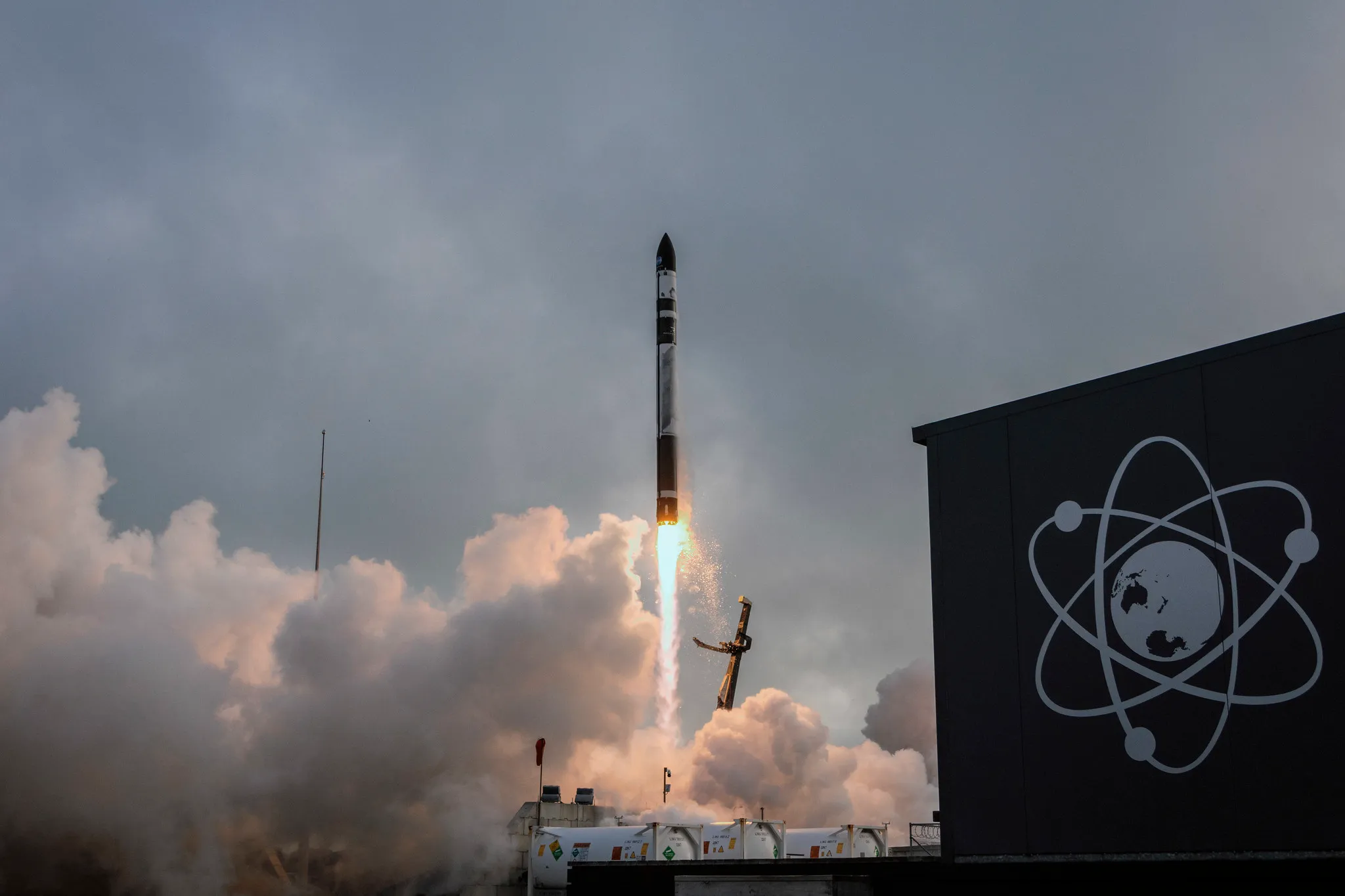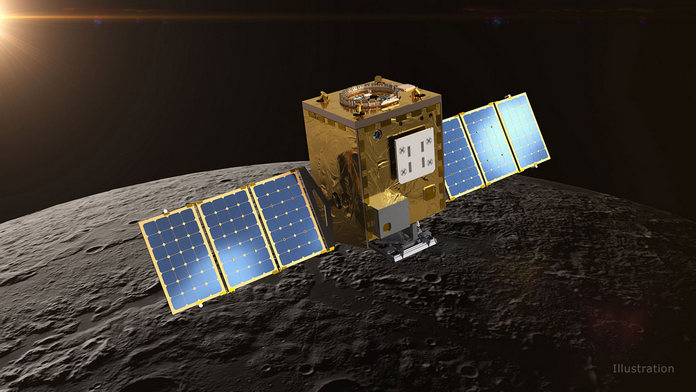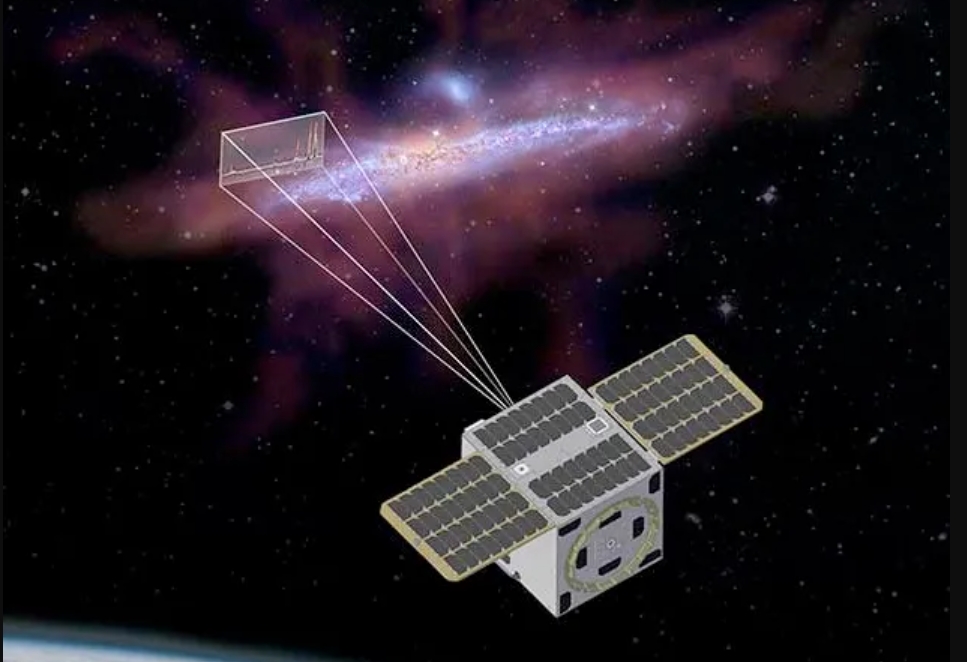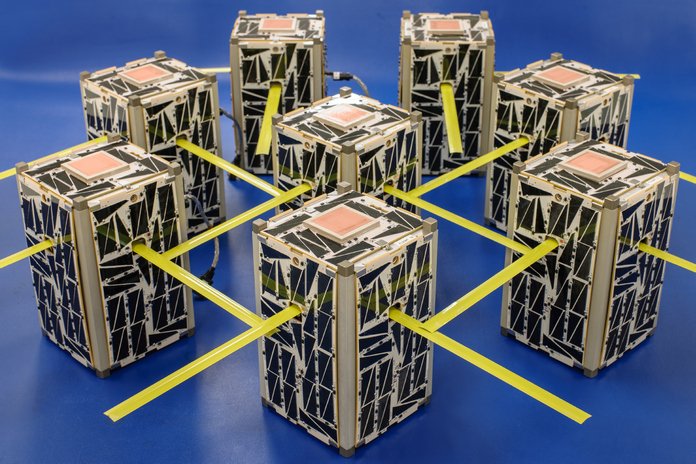On 14 May, NASA announced that it has chosen Rocket Lab to launch the Aspera mission aboard an Electron rocket. Liftoff is pencilled in for no earlier than the first quarter of 2026 from Launch Complex 1 in New Zealand.
The task order was issued under NASA’s Venture-Class Acquisition of Dedicated and Rideshare (VADR) contract. As with previous VADR awards, the agency did not disclose the price, citing “competition-sensitive” pricing for future procurements.

Aspera is a 60-kilogram satellite equipped with a compact ultraviolet telescope designed to observe hot gases in the intergalactic medium – the diffuse matter between galaxies. Its mission includes studying how this gas flows into and out of galaxies. The data collected by Aspera will help astronomers estimate how much gas exists in this intergalactic space and better understand its role in the process of star formation.

“We have a good understanding of how much gas should be in galaxies to account for the stars we see, but despite extensive searches, most of it remains missing,” said Carlos Vargas, an assistant professor at the University of Arizona and the principal investigator for the Aspera mission. His comment came in an April press release about the spacecraft’s delivery from the University of Toronto’s Space Flight Laboratory.
NASA selected Aspera in 2021 as part of its inaugural group of Astrophysics Pioneers missions – a program focused on low-cost space science projects using small satellites or balloon platforms, each capped at \$20 million. The agency approved four such missions, anticipating that some might run into issues beyond the program’s budget limits. However, all four have continued development. NASA also selected SpaceX to launch another Pioneers mission, Pandora, earlier this year under the same VADR contract framework.

Aspera is the latest in a series of small satellite missions that NASA has assigned to Rocket Lab for launch. Nearly a year ago, the company launched a pair of PREFIRE satellites designed for Earth science research, using back-to-back Electron missions. In May 2023, Rocket Lab also launched four TROPICS satellites for storm monitoring across two Electron rockets. Earlier, in 2022, the company handled the launch of the lunar-bound CAPSTONE spacecraft.

“Electron has proven itself as a leading small launch vehicle, offering tight schedule control and consistently accurate orbital delivery. We look forward to delivering the same performance for the Aspera mission,” said Peter Beck, CEO of Rocket Lab, in a statement regarding the launch contract.
Source: Spacenews









